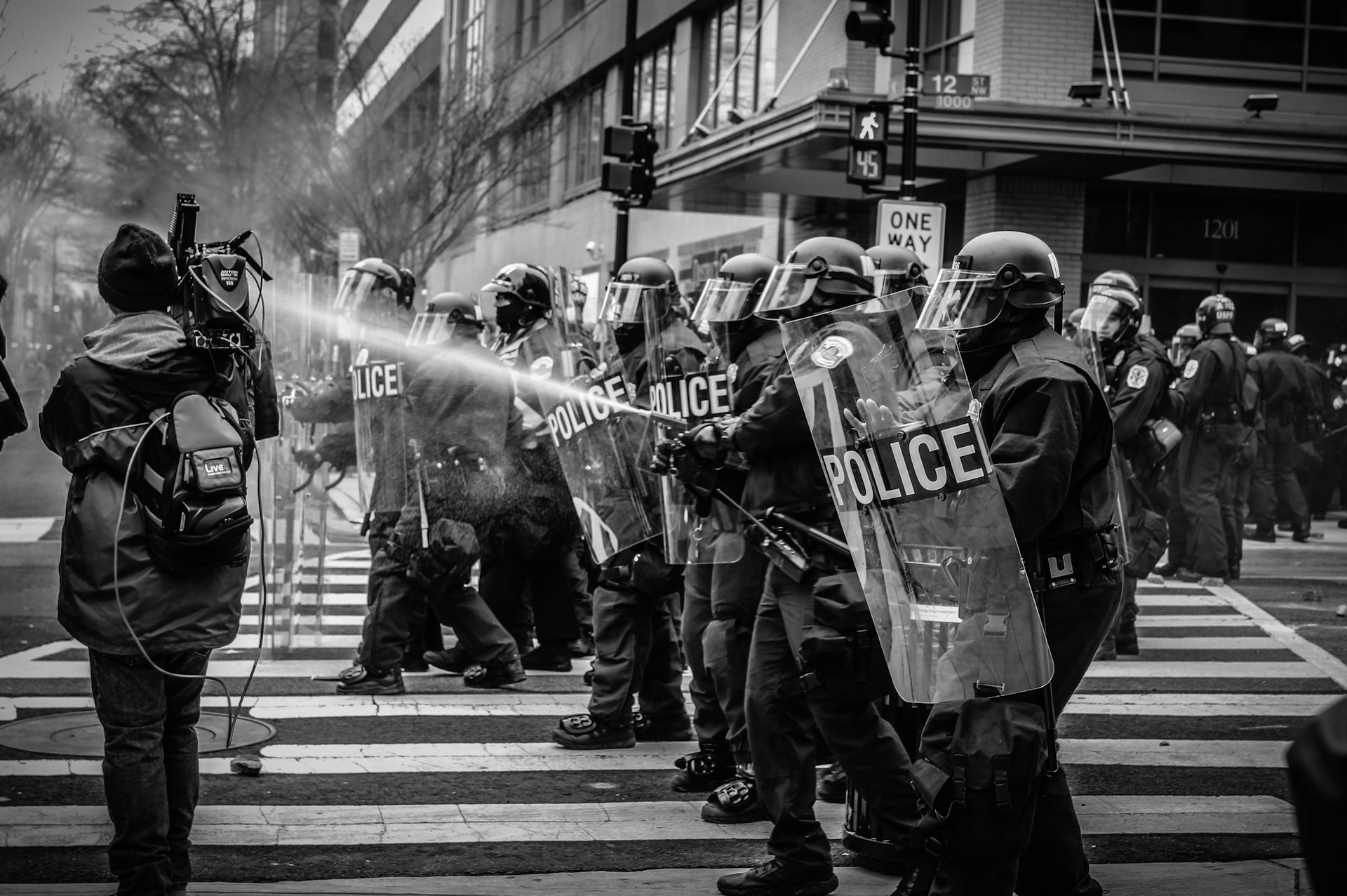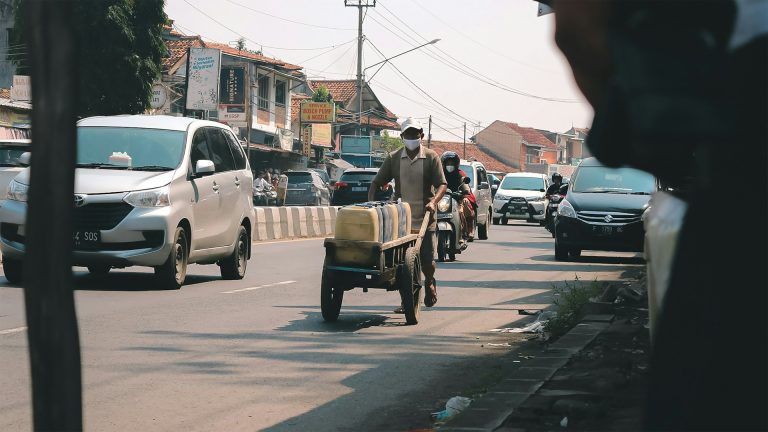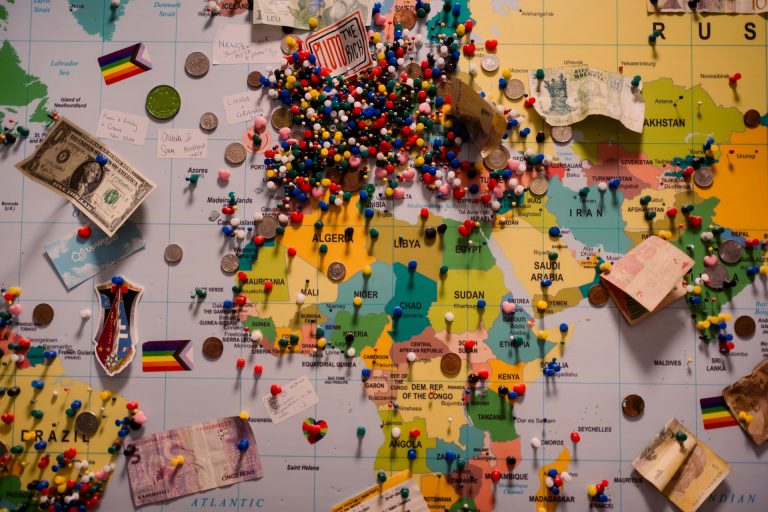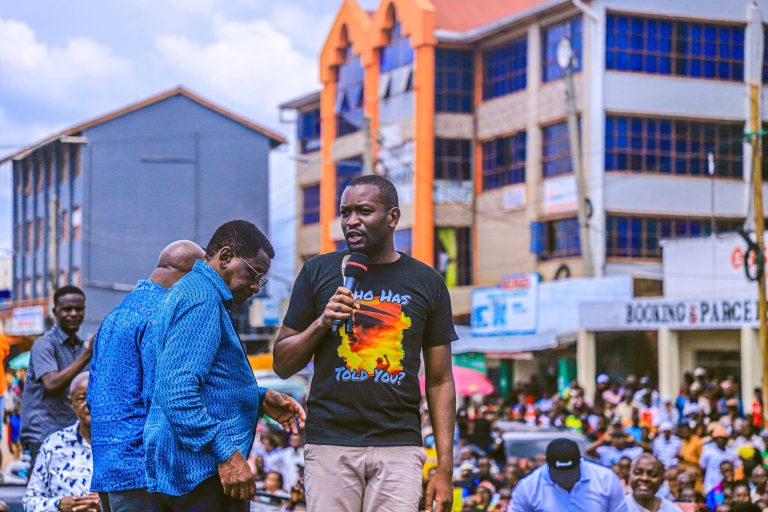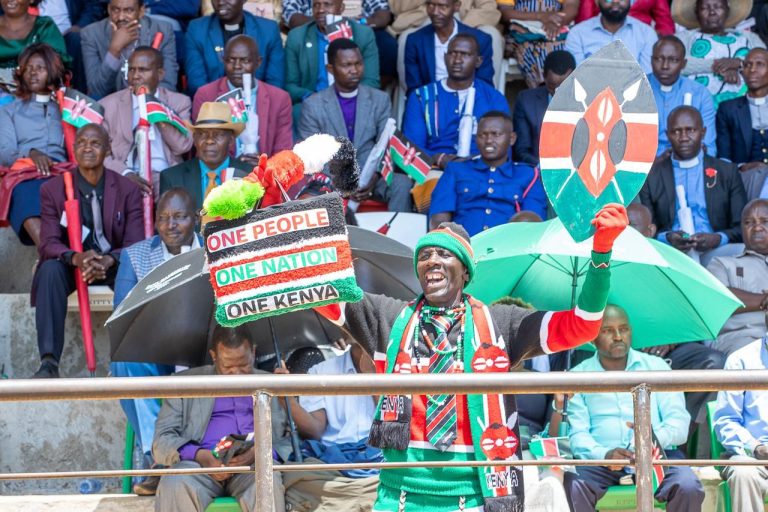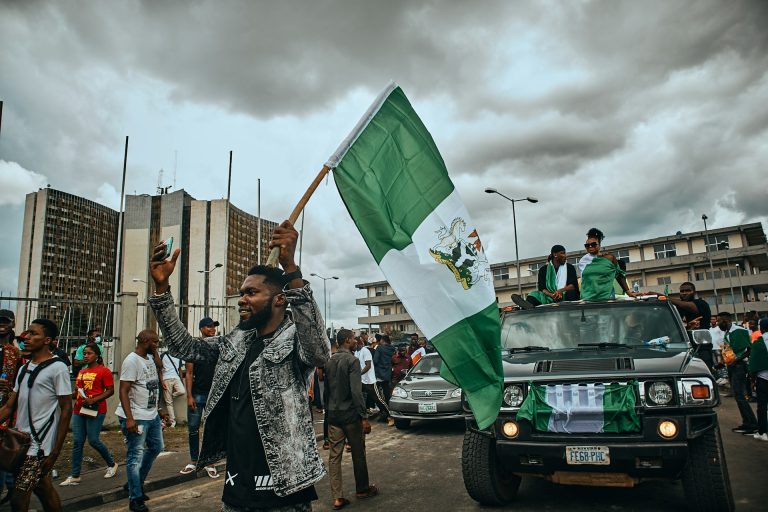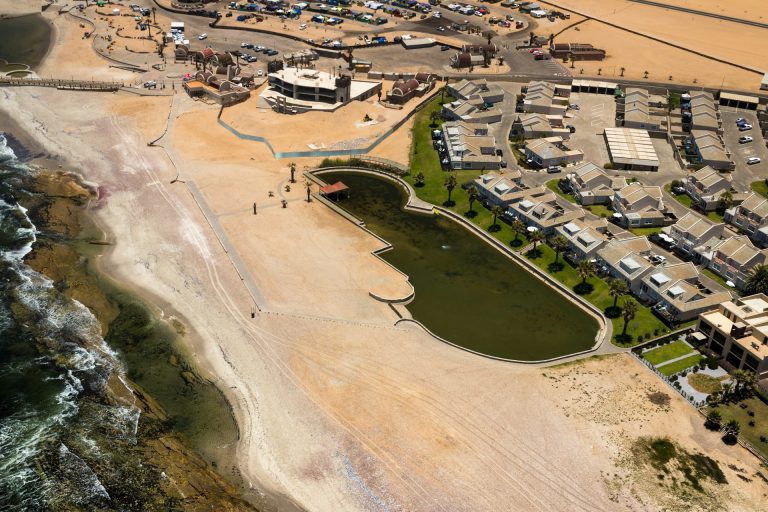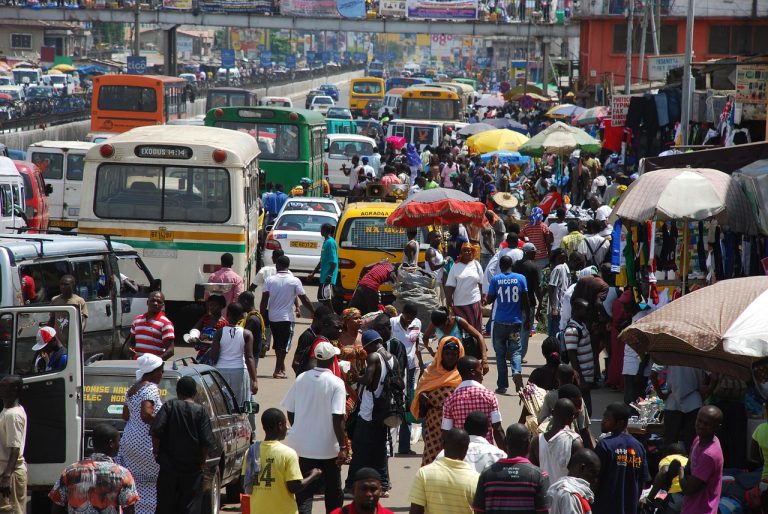- Clashes rock Garoua as election tensions flare
- Biya seeks to extend 43-year rule amid opposition anger
GAROUA, CAMEROON – Clashes between voters and security forces broke out late Sunday in Cameroon’s northern city of Garoua, stronghold of opposition candidate Issa Tchiroma Bakary, over the hotly contested presidential election.
Incumbent President Paul Biya, 92, is seeking to extend his 43-year rule in a race that has tested the patience of voters and strained the country’s fragile stability. Polls closed at 6 p.m. nationwide, with counting under way at local stations before results move through divisional and regional levels to the Constitutional Council, which has 15 days to declare the final outcome.
What began as small protests in Garoua quickly spiralled into violent confrontations after supporters of Tchiroma clashed with security forces demanding access to their candidate and transparency in the vote tallying.
Witnesses said uniformed officers surrounded Tchiroma’s residence after he returned home from casting his ballot, blocking access and fuelling fears that he was under de facto house arrest.
“We were only going to check on our leader,” said one protester to Allen Dreyfus. “Then they started firing in the air and throwing tear gas.”
Unrest and uneasy calm
The confrontations escalated as demonstrators set fire to tyres and torched a Gendarmerie truck, prompting security forces to deploy water cannons. By nightfall, Garoua’s streets were filled with tear gas, and unconfirmed reports spoke of several injuries.
By Monday morning, calm had returned to the city, though the blackened wreck of the Gendarmerie vehicle stood as a stark reminder of the previous night’s unrest. Most residents remained indoors, wary of renewed clashes.
Elsewhere in the country, voting passed largely without incident but under heavy security. In the capital Yaoundé and economic hub Douala, troops patrolled polling centres and intersections, maintaining a tense peace.
Erik Essousse, head of Elections Cameroon (ELECAM), insisted that the vote took place “in a spirit of calm and serenity” across the 31,653 polling stations at home and abroad. Interior Minister Paul Atanga Nji also described the process as peaceful but noted that many polling units lacked opposition representatives. He cautioned against “the publication of unverified results on social media.”
A nation on edge
The unrest underscores the deep divisions surrounding Biya’s rule – one of the longest in the world – and the growing appetite for change. Tchiroma, a former ally and ex-government spokesman turned opposition firebrand, has drawn substantial backing from the north and parts of the south.
“This election comes at a time when the whole nation aspires for change,” Tchiroma said after casting his vote, urging supporters to “defend their votes.” His campaign has already signalled plans to reject any preliminary results if irregularities are confirmed.
Analysts warn that even isolated unrest could destabilise the post-election period.
“While the most likely outcome of Cameroon’s 2025 election is continuity under President Biya, the period around 12 October remains sensitive,” said Maria Ghigliotti, Lead Security Analyst for West Africa at International SOS. “Even isolated unrest or security restrictions can impact workforce mobility, safety, and business continuity.”
As tallying continues and observers prepare their preliminary reports, Cameroon stands at a critical juncture. Whether Biya retains power or Tchiroma’s challenge gains momentum, the government’s handling of the tense days ahead may determine the country’s political trajectory for years to come.
